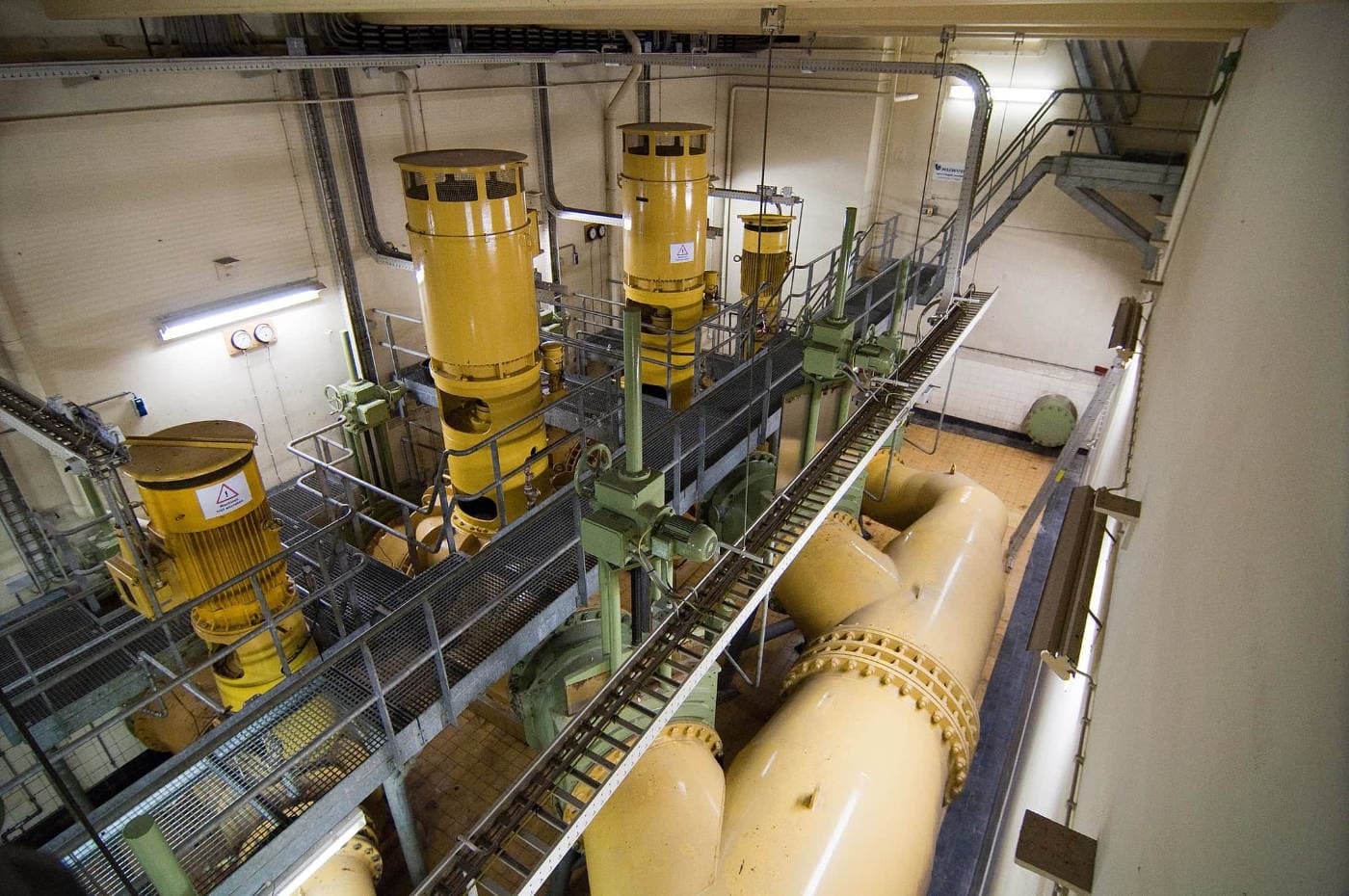
Get In Touch With Pumping Solutions
A Guide to Living With a Sewage Treatment Plant
Sewage treatment plants aren’t really something the average homeowner thinks about very often. However, it is definitely a good idea to be aware of whose responsibility it is to look after them and how exactly you can do so.
The Sewage Treatment Plant Laws
As an ‘operator’ of a small sewage treatment plant, you must check that you are within the general binding rules and if you aren’t, you must apply for a permit. If you own a property that uses or shares the system or if you have a written agreement with the property owner to say you are responsible, you are the ‘operator’ of a sewage treatment plant
To be within the general binding rules of having a sewage treatment plant the sewage must:
- Be domestic in nature meaning the sewage comes from a bathroom or kitchen within a house, flat or business (eg. pub, or hotel)
- Not cause pollution
Checking for Pollution
To check your sewage plant for pollution means that you need to check the area in which the sewage is released once a month for any kind of signs of pollution. There are different things to look for depending on where you are releasing the sewage.
If you release it into the water then check for sewage smells, overflowing sludge or signs of scum or foam where you released the sewage.
If you release the sewage into the ground, check for sewage smells and any signs that your sewage isn’t draining properly.
Maintaining Sewage Plants
Keeping your sewage treatment plant maintained is extremely important. This treatment plant should be emptied once a year by a registered waste carrier.
It is also important that you keep a record of any work carried out to your sewage plant whether it is emptying, maintaining or repairing. This can be recorded in the form of invoices, bills or receipts. As well as this, you must also keep a written copy of:
- Accidents you have had with your equipment or incidents that could have lead to an accident
- Problems with your equipment, how they were dealt with and what measures are being taken to make sure they don’t occur again.
- Complaints you have received about equipment and how they were resolved
Applying for a Permit
If you do not meet the general binding guidelines, you will need to apply for a permit. The form you fill in will be different depending on where you discharge the sewage and how much you discharge.
If you are discharging sewage into the ground and you are not in a groundwater protection zone (SPZ1) you will need to apply for either a 2-15 cubic metres of discharge per day permit or an over 15 cubic metres permit.
If you are inside a groundwater protection zone (SPZ1) discharging sewage into the ground you will need to apply for either a less than 2 cubic metres of discharge per day permit, a 2-15 cubic metres per day permit or an over 15 cubic metres per day permit.
If you are discharging sewage into surface water and you are releasing between 5 and 20 cubic metres per day you should check to see if you can apply for a standard rule permit. If you cannot get this kind of permit, you will either need to get an up to 20 cubic metres permit or over 20 cubic metres.
Contact Us For Sewage Plant Maintenance
If you are looking for a qualified company to come and carry out annual maintenance on your sewage plant, here at Pumping Solutions, we have numerous years of experience in this field and are ready for any kind of job. Get in touch with us today on 01775 711960 or you can fill out our online contact form to speak with a member of our team today.
Did you find this article helpful? Discover more articles like this in our blog, or check out our sevices page to see how we can help you!

